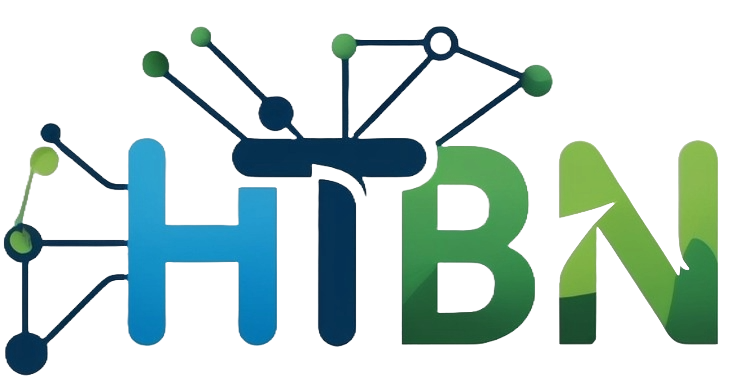In our globalized world, interpreters are crucial for bridging cultural and linguistic gaps and facilitating communication in business, healthcare, and diplomacy. If you’re passionate about languages and cultures, a career in interpreting could be a great fit. This post will highlight key strategies for becoming a successful interpreter, including skill development and professional insights.
Understanding the Role of an Interpreter
Interpreters do more than just translate spoken words from one language to another; they are cultural liaisons who ensure that communication is both accurate and contextually appropriate. Interpreters work in a variety of settings, from courtrooms and hospitals to international conferences and business meetings.
The duties of an interpreter include listening to, comprehending, and translating spoken language in real-time. This requires a deep understanding of not just the vocabulary and grammar of the languages involved, but also the cultural nuances and idiomatic expressions that may not have direct translations. Interpreters must be adept at managing the flow of conversation to ensure all parties are understood.
Beyond linguistic skills, interpreters must also possess strong interpersonal skills. They need to remain neutral and unbiased, especially in high-stakes or emotionally charged situations. Effective interpreters demonstrate empathy, allowing them to convey the speaker’s tone and intent accurately. This ensures not only the accuracy of the translation but also maintains the speaker’s intended impact.
Skill Development for Aspiring Interpreters
To become an effective interpreter, one must hone several key skills. First and foremost is language proficiency. It is vital to be fluent in both the source and target languages, understanding regional dialects and colloquialisms. This fluency extends beyond basic conversational ability to include a comprehensive understanding of grammar, syntax, and specialized vocabulary pertinent to specific fields.
Equally important is cultural sensitivity. Interpreters often find themselves navigating conversations where cultural misunderstandings could arise. Being acutely aware of cultural norms, values, and taboos helps interpret meaning beyond words, ensuring respectful and effective communication.
Communication techniques are also crucial. Interpreters must be able to anticipate and manage the pace of conversation, knowing when to ask for clarification and how to handle challenging or unfamiliar terms. Developing active listening skills is essential, as is the ability to think quickly and maintain composure under pressure. Practices like note-taking can aid in this, helping interpreters manage complex dialogues without missing crucial details.
Educational Paths and Career Opportunities
Aspiring interpreters have several educational paths available to them. While some may enter the field with strong language skills, taking foreign language classes, along with formal education and certifications, can enhance credibility and open up more opportunities. Degrees in linguistics, translation studies, or a related field provide a solid foundation for understanding the complexities of language and communication.
Certifications play a critical role in an interpreter’s career. Organizations like the American Translators Association and the National Association of Judiciary Interpreters and Translators offer certifications that are widely recognized in the industry. These credentials demonstrate proficiency and commitment to professional standards.
Interpreters are in high demand across various sectors. Healthcare, legal, and governmental institutions often require interpreters to ensure accurate communication in situations where misunderstandings could have significant consequences. The growing international business landscape also presents opportunities, with companies seeking interpreters to facilitate cross-border negotiations and collaborations.
Practical Tips for Building a Career in Interpreting
For those starting out, building a career as an interpreter involves both networking and skill enhancement. Networking within professional circles can lead to job opportunities and valuable mentorship. Joining interpreter associations and attending industry conferences can provide exposure and connections.
Building a portfolio is another crucial step. Aspiring interpreters should seek out opportunities to practice their skills, be it through volunteering, internships, or freelance gigs. A diverse portfolio showcasing experience in various settings can be a strong asset when approaching potential employers.
Staying updated on industry trends is essential. The field of interpretation is evolving, with technology playing an increasingly significant role. Familiarity with computer-assisted translation tools and other digital platforms can set an interpreter apart. Continuous learning through workshops and courses ensures skills remain sharp and relevant.
Conclusion
Now that you have a better understanding of the work and skills required for interpreting, you can start your journey towards building a successful career in this field. Remember to continually develop your language proficiency, cultural sensitivity, communication techniques, and professional credentials.

